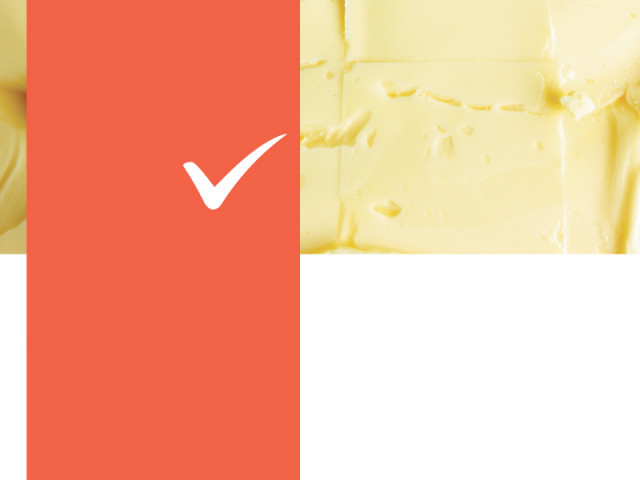Health: Fear not the fat
It is not fat, but carbohydrates in your diet that are the real enemy.

It is not fat, but carbohydrates in your diet that are the real enemy. DESIGN : KIRAN SHAHID
A myth
“Compelling argument can be made for the general lack of evidence in support of a low-fat diet,” emphasises Dr DiNicolantonio, a leading cardiovascular researcher in the United States, in his research article in the journal Open Heart. He admits that doctors in the past “got it wrong,” and that we “have been led down the wrong dietary path for decades.”
The fear seems to have stemmed from the multi-country studies completed in the ’70s that purportedly found that populations with increased intake of saturated fat were also at increased risk of heart disease. However, new analysis of the previous studies has found several flaws with the study methodology, and among them is the failure to take into account a few critical variables such as smoking. More importantly, it is also noted that people who followed standard advice and substituted vegetable fat for animal fat died sooner than people who stuck to the traditional saturated fats of butter and lard.
Fats triumph over carbs
The body has HDL (good cholestrol) and LDL (bad cholestrol) and it was long thought that increased consumption of saturated fat increases LDL cholestrol, contributing to cardiovascular disease. However, according to the newer understanding of nutrition, the LDL cholestrol is further subdivided into big floaty particles (type A) and small dense particles (type B). When someone reduces cholestrol by reducing consumption of saturated fat, they are reducing only type A cholestrol. But it is actually the type B cholestrol that is linked to increase in cardiovascular disease and it is controlled by carbohydrate consumption, rather than fat consumption.
Inverting the food pyramid on its head entirely, the problem then seems to be with carbohydrate consumption. This is the thesis Dr DiNicolantonio is advancing in his work. “A public health campaign is drastically needed to educate people about the harms of a diet high in carbohydrates and sugar,” he says.
Go good fat
Saturated fat is now touted to be beneficial to people in several capacities. It has been established as monumental to liver health by encouraging the liver to dump fat cells to function more efficiently. It seemingly also plays an important role in regulating the immune and the hormonal system. The shift in dietary perception of fat is already being seen through the world, with Sweden becoming the first country to steer its population to a high-fat and low-carb diet in the year 2013.
In Pakistan, adopting the new dietary guidelines may mean as little as abandoning the latest margarine and vegetable oil products and embracing the traditional ghee and animal fat for cooking. The new research also promotes that newer industrialised products may not hold the key to longevity over an all-natural traditional diet. Of course, one still needs to be careful with avoiding trans-fats and overly generous portions.
Good fats
Monounsaturated fat
Olive oil
Canola oil
Sunflower oil
Peanut oil
Sesame oil
Avocados
Olives
Nuts (almonds, peanuts, macadamia nuts, hazelnuts, pecans, cashews)
Peanut butter
Polyunsaturated fat
Soybean oil
Corn oil
Safflower oil
Walnuts
Sunflower, sesame and pumpkin seeds
Flaxseed
Fatty fish (salmon, tuna, mackerel, herring, trout, sardines)
Soymilk
Tofu
Omar Hayat is a freelance writer who contributes to several local publications.
Published in The Express Tribune, Sunday Magazine, March 30th, 2014.



















COMMENTS
Comments are moderated and generally will be posted if they are on-topic and not abusive.
For more information, please see our Comments FAQ